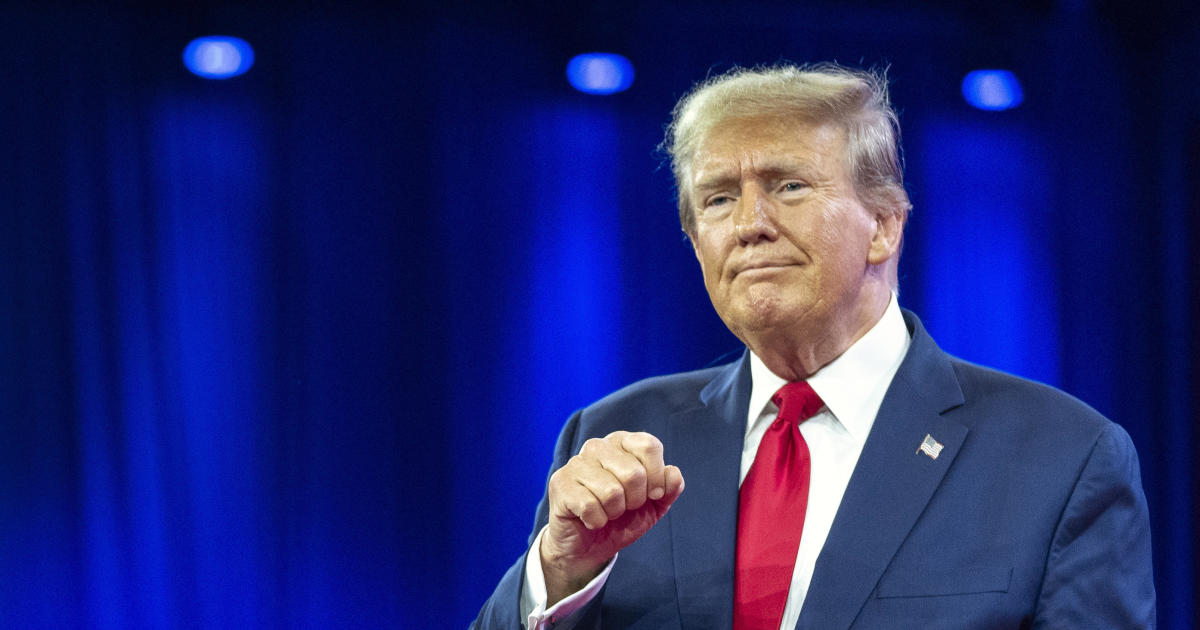A Manhattan judge has postponed former President Donald Trump’s trial in his New York criminal case, which was set to begin on March 25. The trial, involving felony charges of falsification of business records related to payments to adult film star Stormy Daniels, has been rescheduled for April 15, delaying it by 20 days. The delay was requested by Trump, who asked for up to 90 days, and was consented to by Manhattan District Attorney Alvin Bragg for at least 30 days. The delay was prompted by Trump’s attorneys protesting the late production of a large amount of pretrial discovery in the case.
Over 100,000 pages of documents were turned over to Bragg’s office by the federal Department of Justice on March 4 and March 13, with an additional 15,000 pages scheduled to be produced on March 15. Judge Juan Merchan cited significant questions of fact that need to be resolved in the case, leading to the postponement of the trial. A hearing on the dispute regarding the late production of documents is scheduled for March 25, the day when jury selection was supposed to begin in the trial.
Bragg explained that his office had requested some of the material from the U.S. Attorney for the Southern District of New York last year but was denied. Trump’s attorneys then subpoenaed the documents in January, resulting in the late receipt of the material. In filings earlier in March, Trump’s attorneys criticized Bragg’s office for being derelict and not adequately explaining the steps taken to obtain the records. The U.S. attorney and representatives for Trump and Bragg declined to comment on the situation.
The trial delay is a result of the late production of a significant amount of pretrial discovery documents, leading to questions regarding the handling of evidence in the case. The postponement has created a new timeline for the trial, with a hearing scheduled to address the dispute around the late production of documents. Both sides are preparing for the upcoming hearing, where the court will rule on Trump’s motion following the hearing and set a new trial date if necessary.
The rescheduling of Trump’s trial in his New York criminal case has raised concerns about the handling of evidence and the timeline for the trial. The delay has allowed for additional time to address the issues surrounding the late production of documents and ensure a fair trial for all parties involved. The upcoming hearing will provide an opportunity for both sides to present their arguments and for the court to make a decision on how to proceed with the case.









